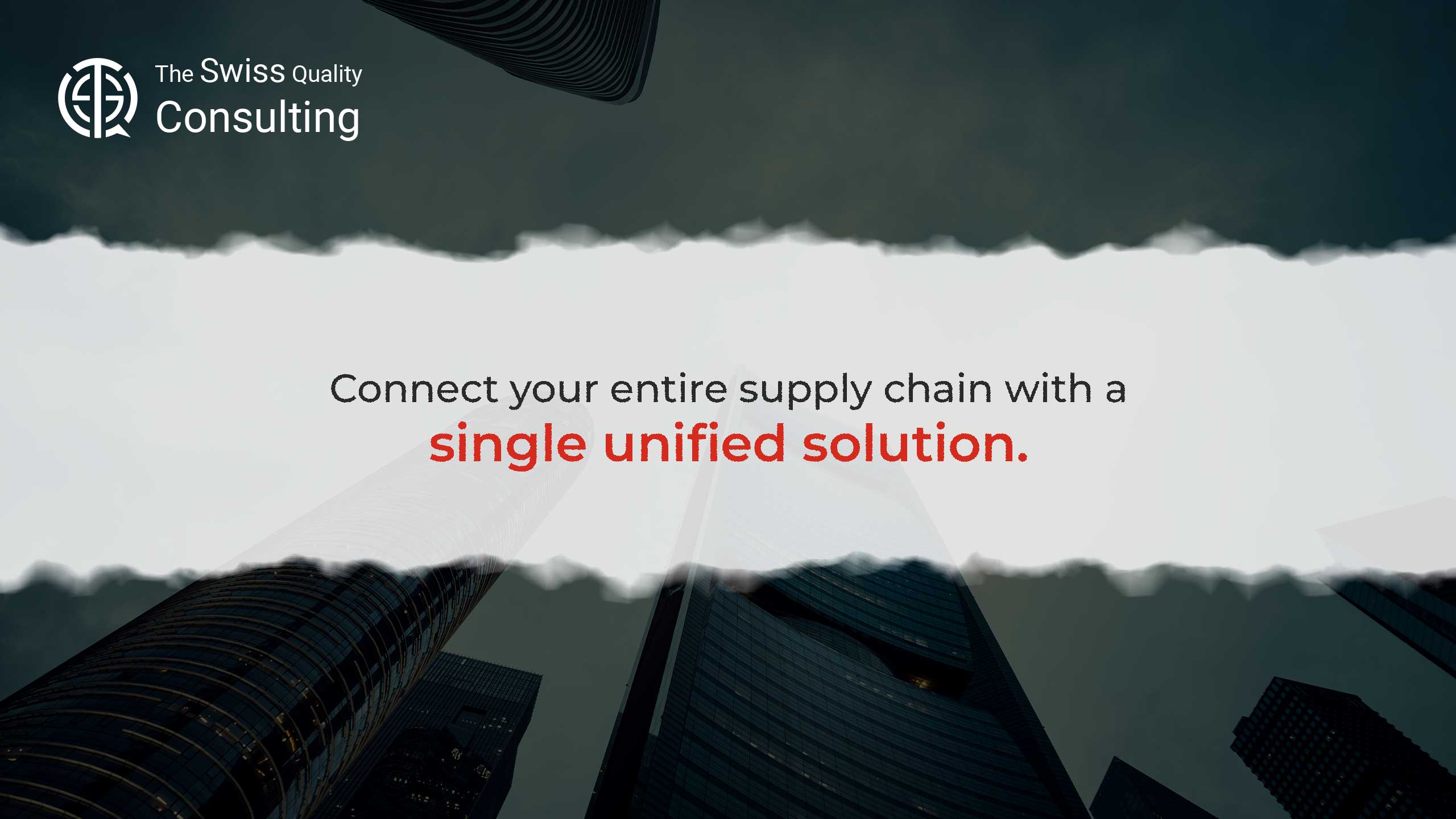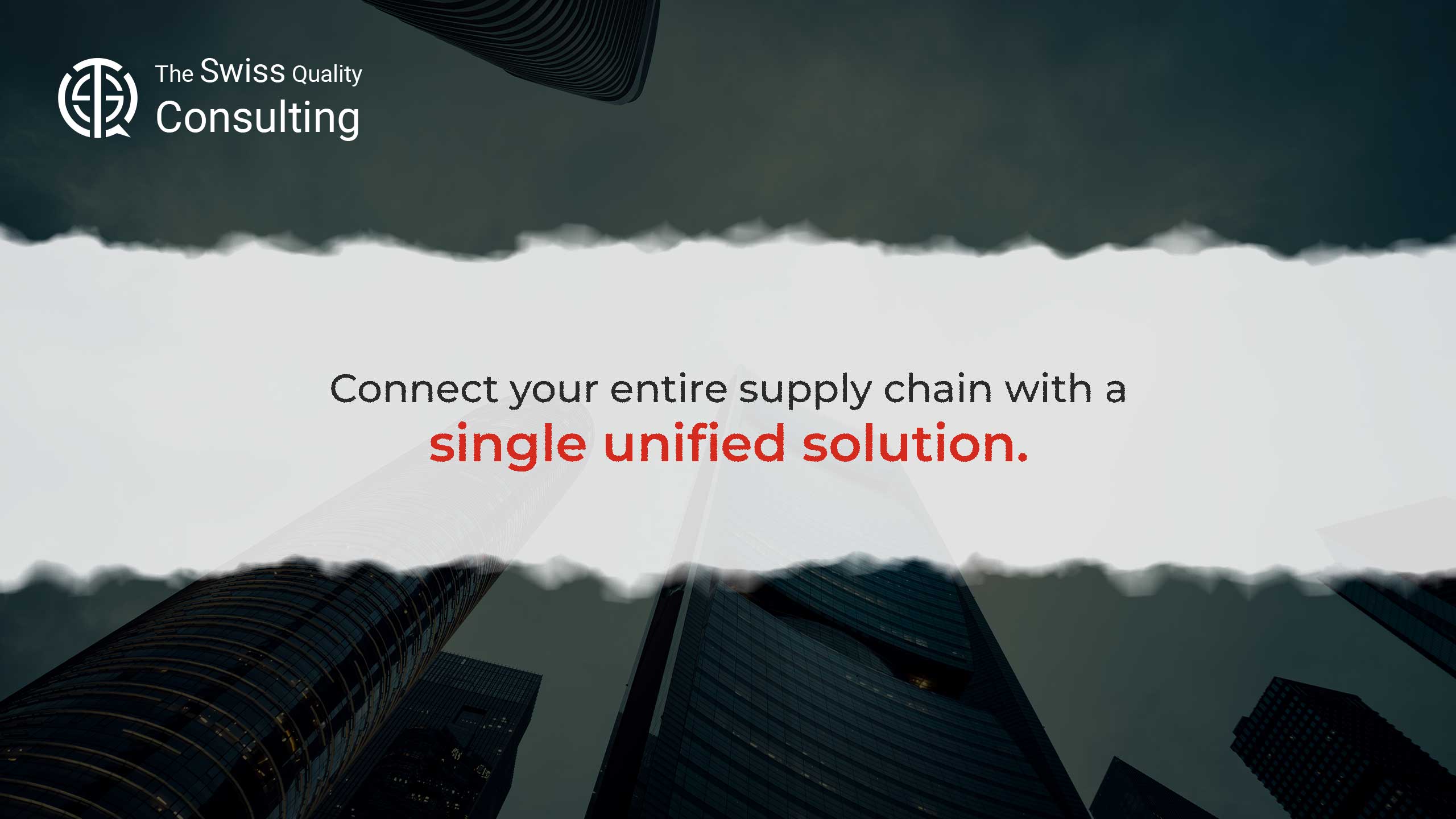ERP Implementation Success in Swiss Companies: Key Factors and Strategies
Understanding ERP Implementation Success in Swiss Companies
ERP implementation success in Swiss companies depends on several critical factors that ensure the smooth integration of these complex systems into existing business processes. Enterprise Resource Planning (ERP) systems are integral to the digital transformation efforts of Swiss businesses, providing a unified platform for managing finance, supply chain, human resources, and customer relationships. However, the journey to a successful ERP implementation is often fraught with challenges, including high costs, resistance to change, and the need for significant organizational restructuring. To achieve a successful transition, Swiss companies must focus on meticulous planning, effective change management, and continuous monitoring of progress.
One of the most important factors for ERP implementation success is selecting the right system that aligns with the specific needs of the business. Swiss companies must conduct a thorough needs assessment to identify the key functionalities required in their ERP system. This involves engaging stakeholders from various departments to understand their unique requirements and pain points. By involving end-users in the selection process, companies can ensure that the chosen ERP system is well-suited to support their operations, thereby reducing the risk of resistance and increasing the likelihood of successful adoption.
Additionally, setting clear and realistic goals for the ERP implementation is crucial. Swiss companies should define what they hope to achieve with the ERP system, whether it’s improving operational efficiency, enhancing data visibility, or streamlining processes. These goals should be specific, measurable, achievable, relevant, and time-bound (SMART) to provide a clear roadmap for the implementation process. By having well-defined objectives, companies can keep the project on track and make informed decisions about resource allocation and prioritization.
Ensuring Effective Change Management and User Adoption
Change management is a critical component of ERP implementation success in Swiss companies. Introducing a new ERP system often requires significant changes to existing workflows, roles, and responsibilities, which can be met with resistance from employees. To overcome this, Swiss companies must develop a comprehensive change management strategy that addresses both the technical and human aspects of the transition. This includes clear communication about the reasons for the change, the benefits of the new system, and how it will impact employees’ daily work.
Training is another essential element of change management. Swiss companies should invest in comprehensive training programs to equip employees with the skills and knowledge needed to use the new ERP system effectively. This training should be ongoing, rather than a one-time event, to ensure that users continue to develop their proficiency and confidence over time. Additionally, providing easy access to support and resources, such as user manuals, online tutorials, and help desks, can help employees feel more comfortable with the new system and reduce the learning curve.
Moreover, involving employees in the implementation process can significantly enhance user adoption. By creating a sense of ownership and involving key users in testing and feedback sessions, Swiss companies can identify potential issues early on and make adjustments before full deployment. This collaborative approach not only improves the functionality of the ERP system but also builds trust and buy-in from employees, which are essential for a smooth transition.
Managing Costs and Timelines Effectively
Managing costs and timelines is another critical success factor for ERP implementation in Swiss companies. ERP projects are notorious for running over budget and behind schedule, often due to underestimated complexity or scope creep. To mitigate these risks, Swiss companies must establish a realistic budget and timeline based on a detailed project plan. This plan should outline all phases of the implementation, from initial scoping and design to testing, training, and go-live. By breaking the project into manageable phases, companies can better control costs and track progress against milestones.
Swiss companies should also consider the total cost of ownership (TCO) when budgeting for ERP implementation. This includes not only the upfront costs of software licenses and hardware but also ongoing expenses such as maintenance, upgrades, and user support. By taking a comprehensive view of costs, companies can avoid unexpected financial surprises and ensure that they have the resources needed to sustain the ERP system over the long term. Additionally, building a contingency budget into the project plan can provide a buffer against unforeseen expenses and help keep the project on track.
Regular monitoring and reporting are essential for keeping the ERP implementation on schedule. Swiss companies should establish a governance structure that includes a project steering committee or executive sponsor who can oversee progress, make key decisions, and address issues as they arise. This oversight helps ensure that the project stays aligned with its objectives and can adapt to any changes in scope or requirements. By maintaining clear lines of communication and accountability, companies can navigate the complexities of ERP implementation more effectively and achieve a successful outcome.
Strategies for a Smooth ERP Transition
Prioritizing Data Migration and Integration
Data migration and integration are critical areas that Swiss companies must prioritize to ensure a smooth ERP transition. The success of an ERP implementation heavily relies on the quality and completeness of the data being migrated from legacy systems to the new ERP platform. Swiss companies must invest time and resources in data cleansing, validation, and testing to ensure that the data is accurate, consistent, and formatted correctly for the new system. Any discrepancies or errors in the data can lead to significant issues post-implementation, including process disruptions and inaccurate reporting.
Swiss companies should also focus on the integration of the ERP system with other existing business applications. This integration is vital for creating a seamless flow of information across different departments and functions. Whether it’s connecting ERP with customer relationship management (CRM) tools, supply chain management systems, or financial software, ensuring that these integrations are correctly configured and tested is crucial for maximizing the value of the ERP system. By establishing robust integration points, Swiss companies can avoid data silos and improve overall business efficiency.
Additionally, a phased approach to data migration can help reduce risks and minimize downtime. Swiss companies can start by migrating less critical data or rolling out the ERP system to a single department before expanding to the entire organization. This allows companies to identify and address any issues in a controlled environment before full-scale deployment. By taking a measured approach to data migration and integration, Swiss companies can enhance the stability and reliability of their ERP systems from day one.
Leveraging External Expertise and Support
To navigate the complexities of ERP implementation, Swiss companies can benefit from leveraging external expertise and support. Engaging with experienced ERP consultants or implementation partners can provide valuable insights and guidance throughout the project lifecycle. These experts bring a wealth of knowledge about best practices, potential pitfalls, and strategies for overcoming common challenges, which can significantly enhance the likelihood of a successful ERP implementation.
Swiss companies should carefully select their ERP partners based on their industry experience, technical expertise, and track record of successful implementations. A strong partnership with an ERP provider can also offer ongoing support and access to the latest system updates and features. By working closely with external experts, Swiss companies can ensure that their ERP implementation is aligned with their business objectives and executed efficiently.
Moreover, external partners can provide additional resources and manpower to supplement internal teams, especially during critical phases of the implementation. This additional support can help accelerate the project timeline and reduce the burden on internal staff, allowing them to focus on their core responsibilities. By leveraging external expertise, Swiss companies can enhance their ERP implementation capabilities and achieve a smoother, more successful transition.
Conclusion: Ensuring Long-Term Success of ERP Implementation
ERP implementation success in Swiss companies hinges on careful planning, effective change management, and a strategic approach to data migration and integration. By focusing on these critical success factors, Swiss businesses can overcome the common challenges associated with ERP projects and ensure a smooth transition. Engaging with external experts, setting clear objectives, and maintaining strong governance are all essential elements of a successful ERP implementation strategy.
As Swiss companies continue to pursue digital transformation, the role of ERP systems will become increasingly important in driving business efficiency and competitiveness. By embracing best practices for ERP implementation, Swiss companies can unlock the full potential of their ERP investments and position themselves for long-term success in the rapidly evolving business landscape.
—
#ERPImplementation #SwissCompanies #BusinessEfficiency #ERPTransition #TechnologyAdoption #ProjectManagement #DigitalTransformation #SwissBusinessStrategies










